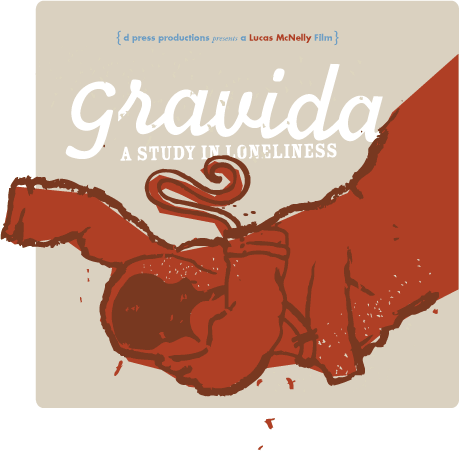the thing is, everyone is against censorship in some form, and for it in another (i.e. i don't want my kids watching that crap). i sent an email once to a bunch of people that had a little bit of profanity in it, and this one guy was so upset b/c his kids could have read it (nevermind that he lets his kids read emails from people he doesn't even know, but whatever). you'd have thought i insulted his mother or something. and i'm sure he's against burning books and all that, but when his children are involved, it's a whole different story. part of the power that the religious right has in these situations is that they're protecting the "family".
but, attacking censorship in an art form, well, that's a bit tricky...the other day i'm watching the South Park movie (don't ask) and after about an hour i come to the realization that i'm essentially watching a film about censorship. the whole thing, of course, is satire, but the focus of the film is censorship. only we don't realize that b/c we're focused on the humor and satan having an affair w/ saddam hussein and the war w/ canada and the storyline that the point of the film doesn't seem forced to us. some other stuff does, but not that. at least, not a lot.
how do you do that in a play called "stop it"? the play-within-a-play idea is good and i agree w/ johanna that it probably would work better if it was produced, but i'm still not convinced those things would work, and i'm leaning toward saying this is probably a bad overall idea.
anyway, the next meeting on this is saturday, i think, so if anyone has any other wonderful ideas, we sure could use them
Subscribe to:
Post Comments (Atom)



1 comment:
Yeah. It's seldom a good idea to try and write any work based on such a broad theme. I think everyone knew this.
So there's this playwright against all odds producing this play that is, by all accounts, "unproducible." But the play he's writing is about censorship. (Why? Because you can't write a f***ing play that's about censorship. Unwritable. It tears the very fabric of the space/time continuum to even comtemplate something so inane.) So he writes it anyway, and (this is where I start giggling) the censors don't want him to do it. They push and pull at him until all hours of the a.m. because his work is going to make them look bad, and here it is: it would have probably just really sucked if he had sat down and written a play on censorship, but thanks to the censors, now he's got paydirt, a real story, one that can put even the censors in the credits. That story, of course, is the larger play (it's less work and less confusing to the audience and who cares if it's been done - it's been done lots and lots of times; most notably, perhaps, in Bullets Over Broadway) and it's what every writer worth their salt goes through, internal and external struggles combined.
Is this idea was acceptable, then you'd need the story.
One more thing:
I think it's important that the audiences who view this play not be enraged by it or feel like it's another lame attempt at a sixties-like, revolutionary fete. I think it would be good if - amidst the entertainment - it actually changed the way people felt about the idea of censorship and life in general. If they could glom at some point, preferably well before the end, on to the playwright's struggle to overcome his adversity and connect that with their own lives, then the play as a whole actually combats the fatigue that the grandiose stamps of power spread like fog into its citizens' psyches. And it loosens up that knot of anger every sane person gets in their heart at the thought of powerlessness in f***ed-up situations.
That, I think, would make the play a success overall. And it would be better than Do It, which was hard for people to translate into more modern terms, being more period. But you'd need a story. A good one.
Post a Comment